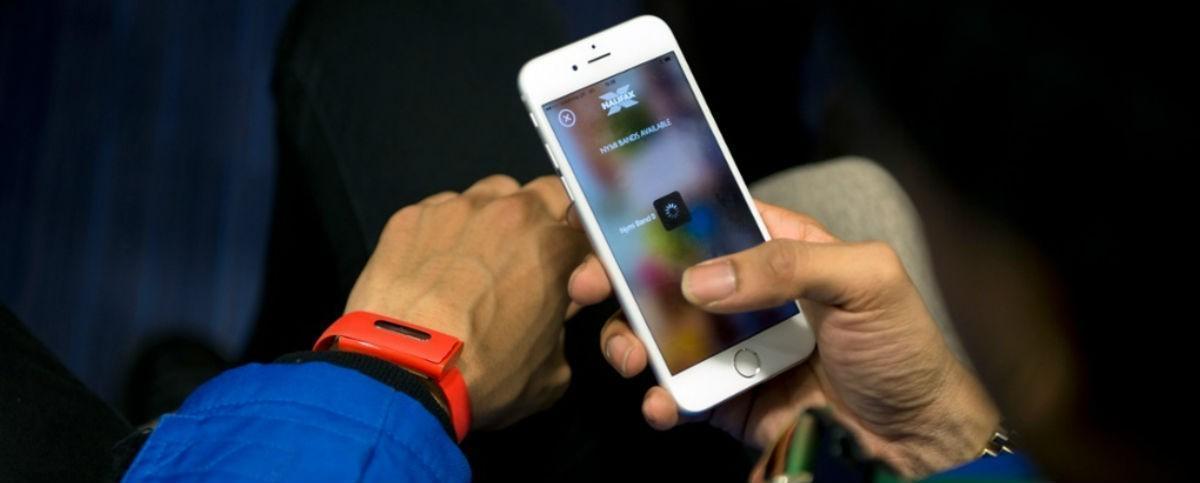Halifax is the first UK bank to test electronic wristbands that use customers heartbeats to verify their identities in an effort to make online banking safer.
Users must wear the Nymi on one wrist, and touch its top sensor with the opposite hand for it to work. The Nymi pairs with a smartphone via Bluetooth, using a companion app for Windows, Mac, iOS and Android. Removal of the wristband invalidates biometric authentication.
The technology means that people will not need to remember multiple passwords when they log into their accounts. The Nymi band, which looks like a watch, authenticates the wearer by identifying the unique electrical signals emitted by his or her heart, known as an electrocardiogram, when it is first placed on the wrist.
The customer wears the band on one wrist and touches the top sensor with the opposite hand. Another set of sensors detects whether the person is still wearing the band, and shuts the device down if their heartbeat is not recognised.
Halifax says the technology is superior to fingerprints or iris scans as the heartbeat is a “vital signal of the body and as such, naturally provides strong protection against intrusions and falsification”.
The bank will ask some customers entering its branches to try out the electronic wristband when they log into their bank accounts on a smartphone or computer. A spokeswoman said:
“You could fake someone’s fingerprint, but you can’t fake someone’s heartbeat.”
The band has sensors that in the future could be used in other areas, for example for gesture recognition, such as unlocking a door.
Last year, Nymi introduced its band as a method to make payments; at the time, the company said it was the first wearable that worked with a biometric to verify near-field communication payments.
Nymi received $15.4M in 2 funding rounds from huge companies like Mastercard and Salesforce Ventures.



